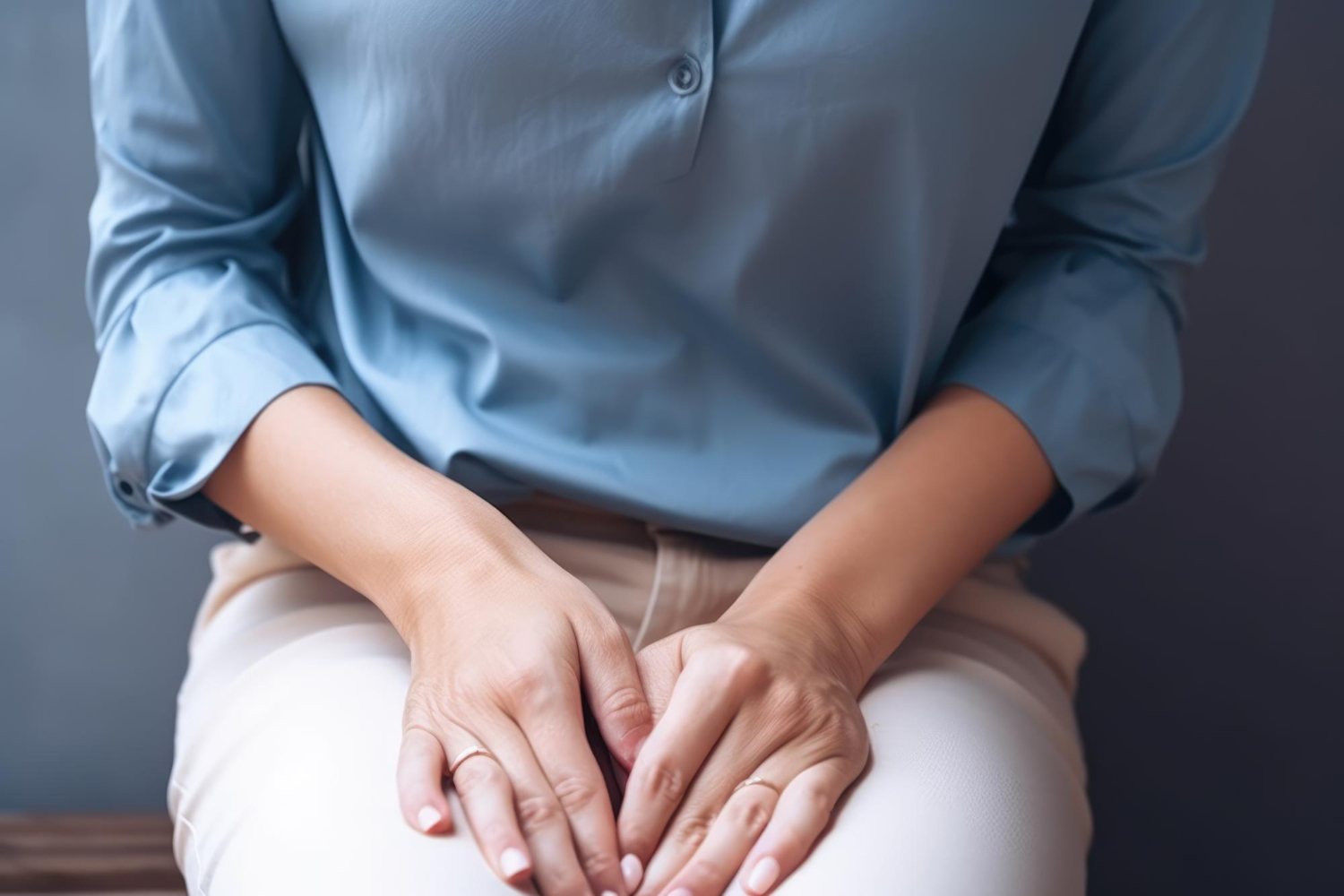
Dyspareunia, the medical term for painful intercourse, is a common yet often under-discussed issue that affects many women. Whether it’s sharp, aching, or burning pain, dyspareunia can significantly impact both physical and emotional well-being. As Women’s Health Physiotherapists, we aim to raise awareness of this condition and highlight how physiotherapy, especially Pelvic Floor Therapy, can help alleviate discomfort and improve overall quality of life.
What is Dyspareunia?💥
Dyspareunia refers to persistent or recurrent pain during or after sexual intercourse. The pain can range from mild to severe and may occur in various parts of the pelvic region, including the vaginal, vulvar, or deep pelvic areas. The pain often disrupts intimacy and can lead to emotional stress, relationship strain, and decreased quality of life.
It’s important to note that while dyspareunia is common, it is not normal and should not be accepted as part of sexual activity. Seeking treatment is key to improving both physical health and emotional well-being.
Common Causes of Dyspareunia 📣
Several factors can contribute to dyspareunia, and it’s often a combination of physical, hormonal, and psychological elements. Some of the most common causes include:
- Vaginal Dryness – This can occur due to hormonal changes (such as menopause, breastfeeding, or certain medications), insufficient arousal, or a lack of natural lubrication.
- Pelvic Floor Dysfunction – Overactive or underactive pelvic floor muscles can lead to pain during sex. These muscles are responsible for supporting pelvic organs, and dysfunction can cause pain and discomfort.
- Endometriosis – A condition where tissue similar to the lining of the uterus grows outside of it, causing pain, especially during deep penetration.
- Vulvodynia – Chronic pain or discomfort in the vulvar area without an identifiable cause.
- Infections or Inflammation – Vaginal infections (e.g., yeast infections, bacterial vaginosis) or sexually transmitted infections (STIs) can cause painful intercourse.
- Psychological Factors – Anxiety, stress, trauma, or a history of abuse can contribute to painful intercourse and make it more difficult to relax and enjoy intimacy.
How Can Women’s Health/Pelvic Floor Physiotherapy Help? 👩🏻⚕️
Pelvic Floor Physiotherapy is a highly effective treatment for dyspareunia. As Physiotherapists, we take a holistic approach, addressing the physical, emotional, and psychological factors contributing to pain. Here’s how we can help 🥰
1. Pelvic Floor Rehabilitation ❤️🩹
One of the main causes of pain during intercourse is Pelvic Floor Dysfunction, where the muscles in the pelvic area become either too tight or too weak. This can be addressed via:
- Relaxation techniques – If pelvic floor muscles are too tight, we teach you how to relax and release tension in the pelvic muscles through specific exercises and breath-work.
- Strengthening exercises – If the muscles are weak, strengthening exercises can improve muscle tone, helping to support pelvic organs and reduce pain.
2. Manual Therapy 💆🏻♀️
Manual therapy involves using the hands to release tight muscles and connective tissue around the Pelvic Floor. Techniques like myofascial release and trigger point therapy can help ease tension in the Pelvic Floor muscles, perineum, glutes, and surrounding areas, often reducing the pain associated with sexual activity.
3. Scar Tissue Mobilisation 👐🏼
For women who’ve had a caesarean section, episiotomy, or vaginal tears, scar tissue can limit mobility and cause discomfort. We can use gentle techniques to mobilise and stretch scar tissue, improving flexibility and reducing pain during sex.
4. Education on Posture and Body Alignment 🧘🏻♀️
Your posture and body alignment play a crucial role in pelvic health. Misalignment can increase pelvic strain, which may contribute to painful intercourse. We can help with posture correction and provide strategies to reduce tension in the pelvic region, which can improve both comfort and function.
5. Desensitisation Techniques for Vulvar Pain 💥
For conditions like Vulvodynia, we may use graded desensitisation techniques to help reduce hypersensitivity in the vulvar area. This involves gradually increasing the tolerance to touch and pressure, allowing the body to adjust and reduce pain over time.
6. Addressing Psychological Factors 👩🏻⚕️
Although Physiotherapists primarily focus on physical treatment, we recognise that psychological factors can play a significant role in dyspareunia. We work closely with your healthcare team, including psychologists, specialists doctors or other treating professionals, to ensure a comprehensive approach to your treatment, especially when stress, anxiety, or past trauma are involved.
Additional Tips for Managing Dyspareunia 📝
- Use Lubrication💧 – A good-quality lubricant can help reduce friction and make intercourse more comfortable, especially if vaginal dryness is contributing to pain.
- Communicate Openly with Your Partner 🧑🤝🧑 – Talking about the pain and exploring different positions or pacing can help reduce anxiety and make intimacy more enjoyable.
- Relaxation and Stress Management 😌– Practice stress-reduction techniques, such as deep breathing or mindfulness, to help lower muscle tension in the pelvic region and improve comfort during sex.
When to Seek Help 🙋🏻♀️
If you’re experiencing pain during intercourse, it’s important to seek help from a healthcare provider who specialises in Women’s Health. Dyspareunia is a challenging condition, but it is treatable, and there are many strategies available to reduce or eliminate the pain. If you’re struggling with painful intercourse, consider consulting a women’s health physiotherapist who can guide you through a personalised treatment plan, helping you regain comfort, confidence, and intimacy in your life. 🥰
If you’d like to speak with one of our expertly trained Women’s Health Physiotherapists about Dyspareunia, you can make asn appointment HERE, or call the clinic.
